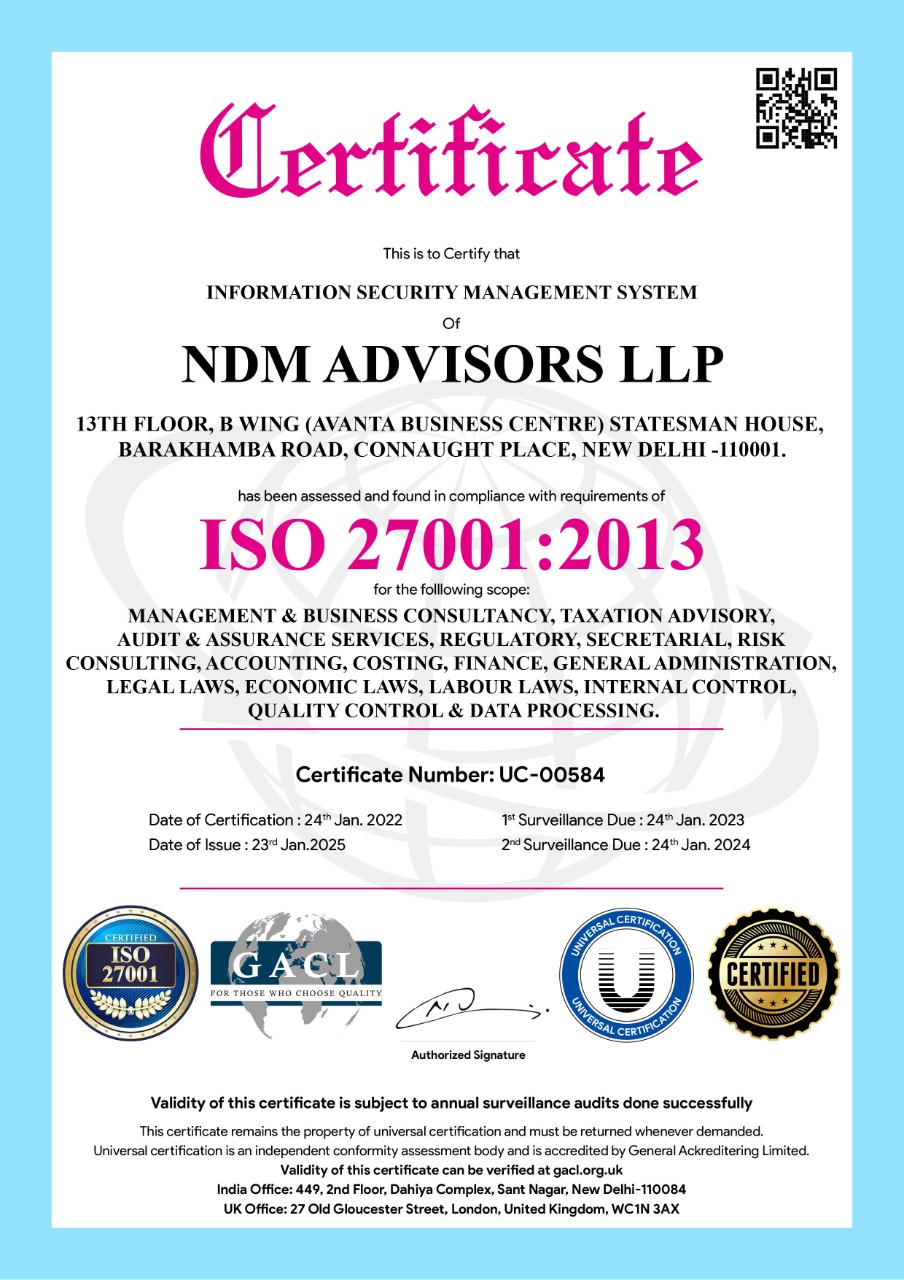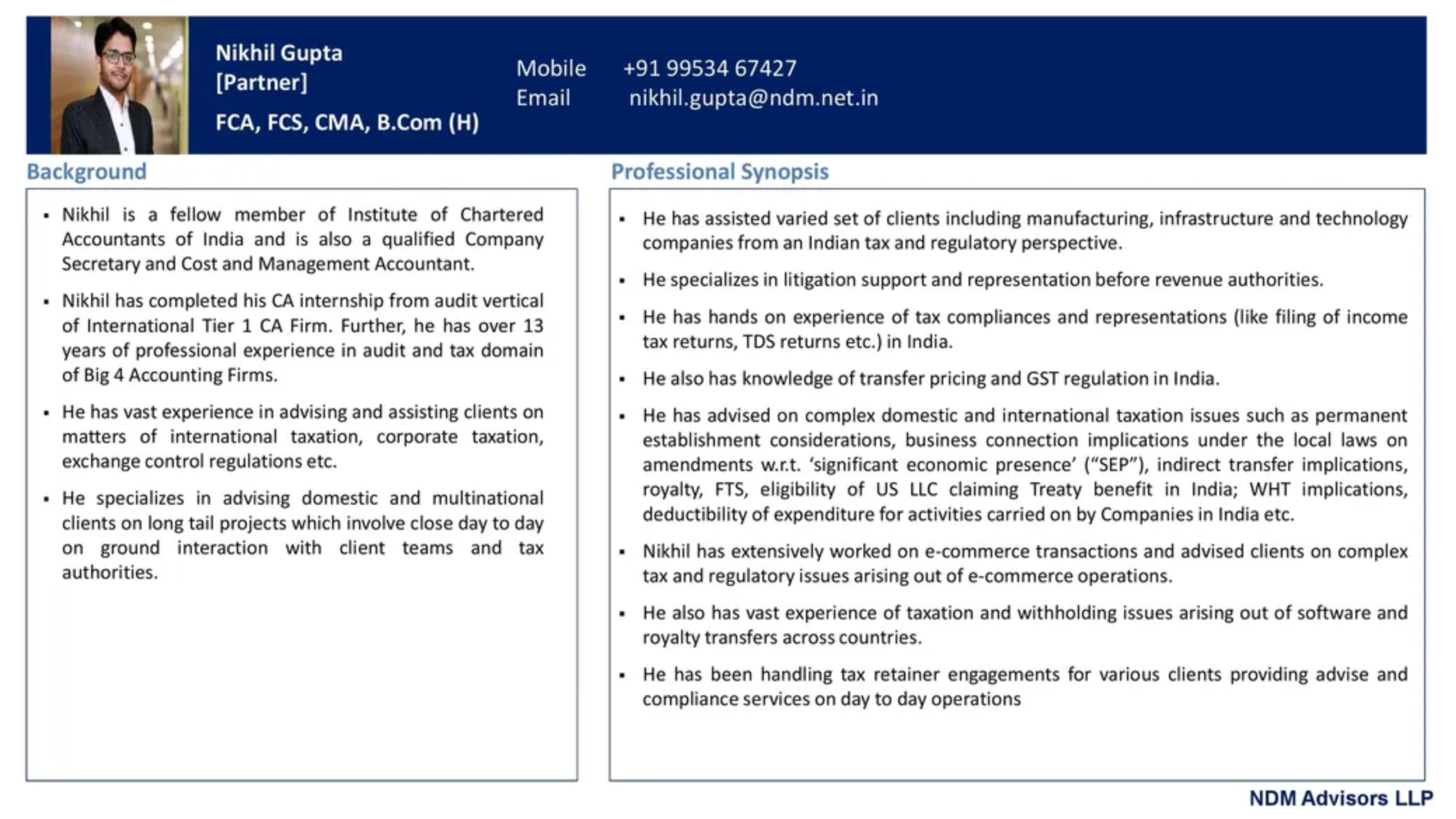Seeding the Seed Funds!

Focus on chasing your vision and leave your funding worries to us! Being a founder, it takes your heart out to offer equity to investors. While funds are required to bridge the gap between your vision and your execution, its critical to be wise while liquidating your equity. Negotiating the right valuation, choosing the right clauses, legal compliances, structural changes and what not. Leave your investor onboarding worries to us while you focus on your business. Connect with our experts for our full range of start-up consultancy services to prepare your business for the seed funding and beyong. Let us carve a Brighter Future for your Business!
Seed money, sometimes known as seed funding or seed capital, is a form of securities offering in which an investor invests capital in a startup company in exchange for an equity stake or convertible note stake in the company. The term seed suggests that this is a very early investment, meant to support the business until it can generate cash of its own (see cash flow), or until it is ready for further investments. Seed money options include friends and family funding, seed venture capital funds, angel funding, and crowdfunding.
Seed capital can be distinguished from venture capital in that venture capital investments tend to come from institutional investors, involve significantly more money, are arm’s length transactions, and involve much greater complexity in the contracts and corporate structure accompanying the investment. Seed funding is generally one of the first steps investors offer to get startups on their feet before they become fully operational. Seed funding involves a higher risk than normal venture capital funding since the investor does not see any existing projects to evaluate for funding. Hence, the investments made are usually lower as against normal venture capital investment (in the hundreds of thousands to the millions of dollars range), for similar levels of stake in the company.

How long does it take to raise seed funding?
This is another question that often garners a lot of interest from the founder’s side. Now, every startup is different and this time will vary from case to case.
But going with the average industry standards we can assume this period to last anywhere around 3-6 months. However, if you find this duration has gone over 9 months then that might be a sign for you to do a check of what isn’t working.
Consult our experts for feasibility analysis of your start-up, connecting with angel investors and allied assistance…
Prerequisites For Seed Funding
When it comes to prerequisites and formalities for seed funding things are simpler as compared to that of funding in further stages. There is less paperwork and fewer restrictions.
The legal fees and interest rates are also towards the lower end. That being said there are still important aspects that have to be carefully followed.

Financial Knowledge
In order to be able to get optimum valuation for your business, you need to be aware of the ideal valuation of your business and also the industry benchmark and evaluation criterion.
As a founder having financial knowledge becomes of utmost importance for you. You must know the process of dividing equity and have an accurate valuation of your business.
And also, a thorough understanding of your income and expenditure. This is not only required to ensure your business does well but also to safeguard it.
With your equity stake, there also comes decision-making power. If you are not well equipped with the number game you might end up losing your decision-making power in your business.
Get to know the best valuation for your business. Consult our experts!

Legal Knowledge
The process of seed fundraising will involve a lot of documents and there will be contracts. To get through all this unscratched you would need legal knowledge and a good lawyers by your side. Your lawyer must have right blend of articulation while negotiating terms with the investors and while drafting legal documents.
How do you raise seed funding?
Decide on the source and research about the investor– As we saw earlier there are numerous sources from where you can raise your seed funding. Now, every source comes with its advantages and disadvantages.
You must understand your business and then decide which would be the right source for you. For example, let us suppose you have no means for bootstrapping and don’t want the burden of debt funding.
In such a situation you could go for angel investors or venture capital funding. Once the source is decided you then need to choose among the different interested investors.
Continuing the earlier example of your business idea being that of software. You could look into angel investors or venture capitalists who are known to fund technology-based companies.
NDMs experts can help you understand more about sources of seed funding and connect with angel investors.
How much seed funding to raise?
All seed funds come with cost of equity dilution. Therefore, this question is one of the most popular ones. And the instant answer that comes to you is ‘the more the merrier. But you must proceed with caution. More funds will also mean more liability on your part and more equity stakes being given away.
A simpler way to come to a decision is to decide how many months you need the funds for. For example, let’s say you need the funds for the next 12 months. And for each month your expenses come to around Rs. 50,000.
So, you’ll be looking to raise approximately Rs. 6,00,000 (50,000 * 12) from your seed funding round. But do ensure you can raise enough funds to help your start-up grow to the next level.
How much equity should you part with for a seed investor?
The figure that’s most common in the market is somewhere between 10% – 20% of the equity. Under no circumstance should this share increase above 20%.
A method to calculate how much equity you should give your investor could be reached by balancing investment and valuation. That is the equity given to investors and the valuation of the company.
For example, according to your valuation, your company is worth Rs. 70,00,000. Now, if an investor is going to fund you Rs. 7,00,000 then that is worth 10% of equity.
Financing Option
1. Equity
This option requires founders to come up with a valuation for their company. So when investors invest in the startup they get an equity stake in return for their investment.
This option tends to get a bit tricky since estimating the valuation of a company is a difficult task. That’s why it’s also advised to get professional help for the valuation.
2. Convertible Notes
Convertible Notes are a debt instrument. This is generally used when startups don’t want to give out the valuation of their business in the early stage.
So, in return for the investor’s funds, the startup issues a debt instrument that states that this investment could later be realized in the form of equity.
What is SAFE
SAFE stands for, Simple Agreement for Future Equity. It could be said to be very similar to a convertible note. Although instead of being a debt instrument (as in the case of convertible note) it is an agreement.
Here, when an investor invests in the startup he/she does so on an agreement that in the future they would be able to purchase the company’s equity. All the terms and conditions are mentioned in the SAFE.
And that’s why a startup would be called a SAFE startup if it has raised money through the SAFE instrument. However, only those startups can issue SAFE notes that are incorporated.
Conclusion
There can be no denying that seed fundraising plays a very crucial role in the future of any business. But don’t let big numbers on a piece of paper influence your decision.
A detailed study of equity being parted with, terms of payment, returns, and other factors should form the basis of your decision.
In case of queries, drop us a line on communications@ndm.net.in
Have Any Question?
Send us a message and tell us more about your business and financial goals. We will get back to you soon to schedule a consultation.
- +91 9873210394
- Communications@ndm.net.in


















